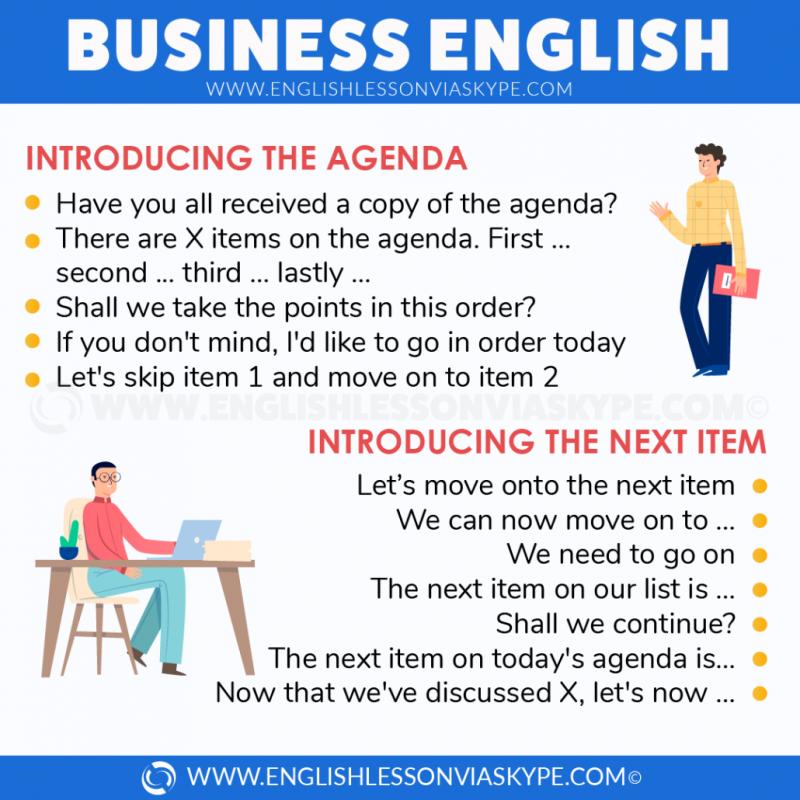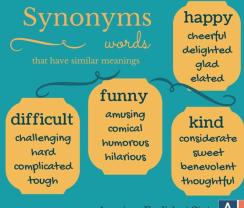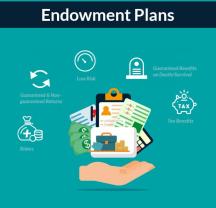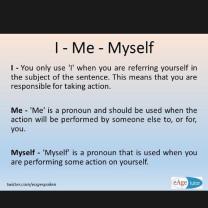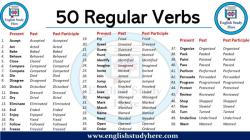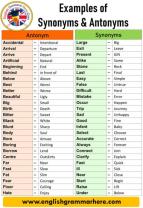What is business English and how do you learn it?
Business English refers to the specialized language used in professional and business contexts. It encompasses the vocabulary, expressions, and communication skills necessary for effective communication in the workplace. Learning business English is essential for individuals seeking to operate in international business environments, communicate with colleagues and clients, and engage in various professional settings.
Here are strategies and approaches to learn business English:
Identify Your Learning Goals:
- Clearly define your learning objectives. Are you looking to improve your email writing skills, participate confidently in meetings, or enhance your overall business communication? Having specific goals will guide your learning path.
Take a Business English Course:
- Enroll in a dedicated business English course. Many language schools, universities, and online platforms offer courses specifically tailored to business English. These courses cover essential skills such as writing emails, making presentations, and participating in business meetings.
Use Online Learning Platforms:
- Explore online platforms that offer business English lessons. Websites like Duolingo, Babbel, and FluentU often have business English modules or courses. They provide interactive lessons, quizzes, and real-world examples.
Read Business Publications:
- Regularly read business-related articles, reports, and publications. This exposure to business language and terminology will help you become familiar with industry-specific vocabulary and writing styles.
Practice Writing Business Documents:
- Practice writing common business documents such as emails, memos, reports, and proposals. Pay attention to formatting, clarity, and professionalism. Seek feedback from peers or instructors to improve your writing skills.
Engage in Role-Playing Activities:
- Participate in role-playing activities that simulate business scenarios. This could involve practicing negotiations, making phone calls, or conducting mock meetings. Role-playing helps build confidence and fluency in business communication.
Expand Your Business Vocabulary:
- Actively work on expanding your business vocabulary. Learn industry-specific terms, idioms, and expressions commonly used in professional settings. Use flashcards or vocabulary-building apps to reinforce your learning.
Watch Business-related Videos:
- Watch videos related to business topics, interviews, and presentations. Platforms like YouTube or specialized business channels often feature content that can help you familiarize yourself with business language and communication styles.
Participate in Language Exchanges:
- Engage in language exchanges with native English speakers or fellow learners. Practice discussing business-related topics, ask for feedback, and learn from others' experiences.
Join Business English Meetup Groups:
- Attend local or online Meetup groups focused on business English. These groups provide opportunities to network, practice speaking, and share experiences with others learning business English.
Listen to Business Podcasts:
- Listen to podcasts that cover business topics. This can improve your listening skills and expose you to authentic business conversations. Choose podcasts that align with your industry or areas of interest.
Take Advantage of Online Resources:
- Utilize online resources specifically designed for business English learners. Websites like Business English Pod, BBC Learning English - Business, and ESL-lounge offer lessons, exercises, and resources tailored to business communication.
Seek Professional Development Opportunities:
- Attend workshops, webinars, or seminars focused on business English and professional development. These events often provide insights into effective communication strategies in the business world.
Remember that consistency and practice are key when learning any language, including business English. Integrate these strategies into your daily routine and continuously seek opportunities to apply your language skills in real-world business situations.
What defines business English and what are effective ways to learn it?
What Defines Business English?
Business English is a specialized form of English used in professional settings for communication and writing. It's distinguished by several key features:
- Formal Tone: Business English avoids casual language, slang, and contractions. It uses a formal and professional tone to convey a sense of authority and credibility.
- Conciseness and Clarity: Business communication emphasizes clarity and conciseness. Sentences are structured to be easily understood and avoid unnecessary jargon or ambiguity.
- Objectivity and Impersonality: Business writing focuses on facts and information rather than personal opinions or emotions. It maintains an objective and impersonal tone throughout.
- Specificity and Accuracy: Business communication uses specific and accurate language to avoid misunderstandings. Technical terms and industry jargon are used appropriately, and information is presented in a clear and concise manner.
- Cultural Awareness: Business English incorporates an understanding of cultural differences in communication styles and etiquette. This ensures effective communication across diverse teams and international business environments.
Effective Ways to Learn Business English:
1. Immerse Yourself in Business Language:
- Read business publications and news articles: Regularly reading business news, journals, and articles exposes you to vocabulary, grammar, and writing styles used in professional settings.
- Listen to business podcasts and audiobooks: Immerse yourself in spoken business English by listening to podcasts and audiobooks on various business topics.
- Watch business documentaries and news programs: Observing professionals communicate in business settings can provide insights into nonverbal cues, communication styles, and appropriate language usage.
2. Engage in Practical Activities:
- Write business emails, memos, and reports: Practice writing different types of business documents to develop your writing skills and apply the acquired knowledge of grammar, vocabulary, and formatting.
- Role-play business scenarios: Participating in simulated business scenarios allows you to practice communication skills in realistic settings and receive feedback on your performance.
- Join online business communities and forums: Engage in discussions about business topics with other learners and professionals to improve your communication skills and expand your knowledge.
3. Utilize Learning Resources:
- Enroll in online or in-person business English courses: Structured courses offer comprehensive learning materials, expert guidance, and opportunities for practice and feedback.
- Use online grammar and vocabulary tools: Utilize online resources like Grammarly, ProWritingAid, and vocabulary apps to improve your grammar, spelling, and vocabulary in a targeted manner.
- Hire a business English tutor: Working with a private tutor can provide personalized instruction, tailored feedback, and focused practice on your specific needs and goals.
4. Seek Feedback and Practice Regularly:
- Get feedback from native speakers or experienced professionals: Ask for feedback on your writing and communication skills from colleagues, mentors, or language partners to identify areas for improvement.
- Practice speaking and writing regularly: The more you use business English in real-world situations, the more comfortable and confident you will become.
- Set realistic goals and track your progress: Setting achievable goals and tracking your progress can provide motivation and help you stay focused on your learning journey.
By engaging in these effective learning methods and consistently practicing, you can develop your business English skills and communicate effectively in professional settings. Remember, the key to success is constant practice, dedication, and a willingness to learn and improve.
